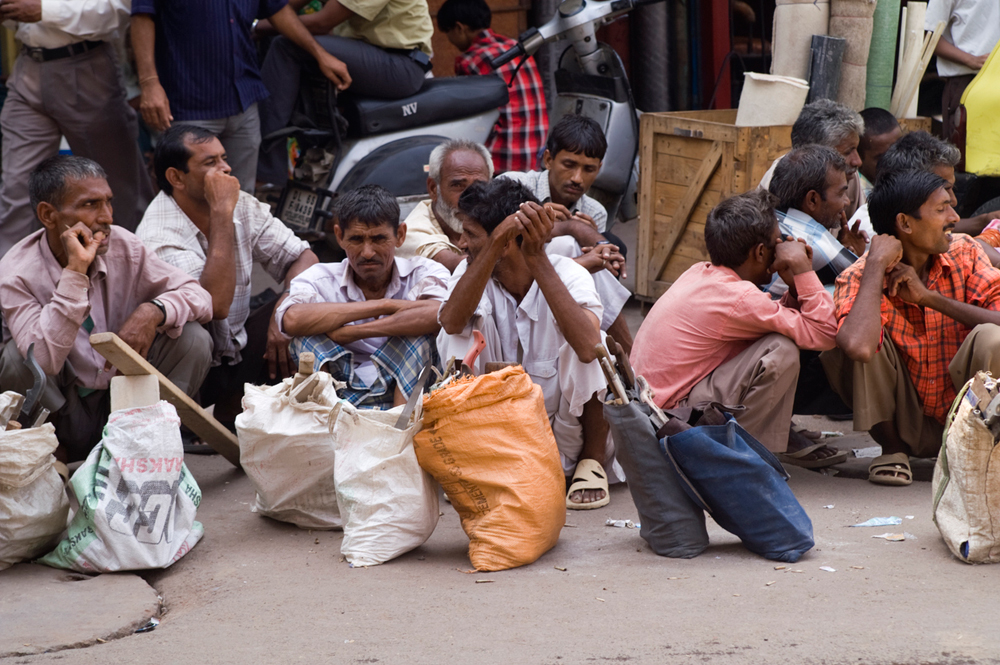The Congress on Saturday asked the Narendra Modi government to at least put some “money in the hands of the poor”, fearing social unrest following unprecedented unemployment and job losses caused by slowing economic growth.
“We advise the government to immediately give money in the hands of the poor by making the (rural job scheme) MGNREGA need-based for at least 150 days in a year and enhance the daily wage to Rs 500,” Congress spokesperson Anand Sharma said.
“This will revive rural demand and bolster economic activity.”
Sharma asked the government not to remain in denial in the face of this grave crisis. “The middle class is affected but the poor is in acute distress. Small farmers, agriculture workers, unemployed youth… they are the worst off. Only waiving off loans of the corporate is not going to help. The government should show sensitivity as well as wisdom. Giving money in the hands of the poor will trigger demand.”
Blaming the “monumental mismanagement” by the government for the ruin of the economy, Sharma said: “The GDP for the third quarter is at 4.7 per cent, which is the lowest of the last seven years, and this is the seventh consecutive quarter when the GDP has fallen. The nominal GDP of India continues to be in single digit. It is a matter of grave concern; this has not happened in decades that in two consecutive quarters the nominal GDP remains well below 10 per cent because it factors in inflation. It is 7.7 per cent in the nominal GDP which includes inflation, then where is the growth?”
He added: “If you take out the expenditure on defence, public administration and other services of the government, the actual GDP growth of the third quarter is 3.7 per cent. The third quarter historically shows the strongest growth because it is after the Kharif crop, so agriculture income is factored in the Gross Value Addition. The Q3 numbers also come in the festive season when people go for purchases and consumption shows a spike. That has not happened.”
Sharma argued that the country was staring at a huge fiscal deficit and unmanageable revenue deficit. “Manufacturing remains in the negative. There is 9.2 per cent fall in investments. Gross Fixed Capital Formation, which actually is the only measure of the economy growing and tangible investments going for creation of new assets, that remains in the negative. Revenue collection targets cannot be met and the budget is pedestrian,” he said.
“Under these circumstances, the government must take drastic measures to overcome the crisis.”










